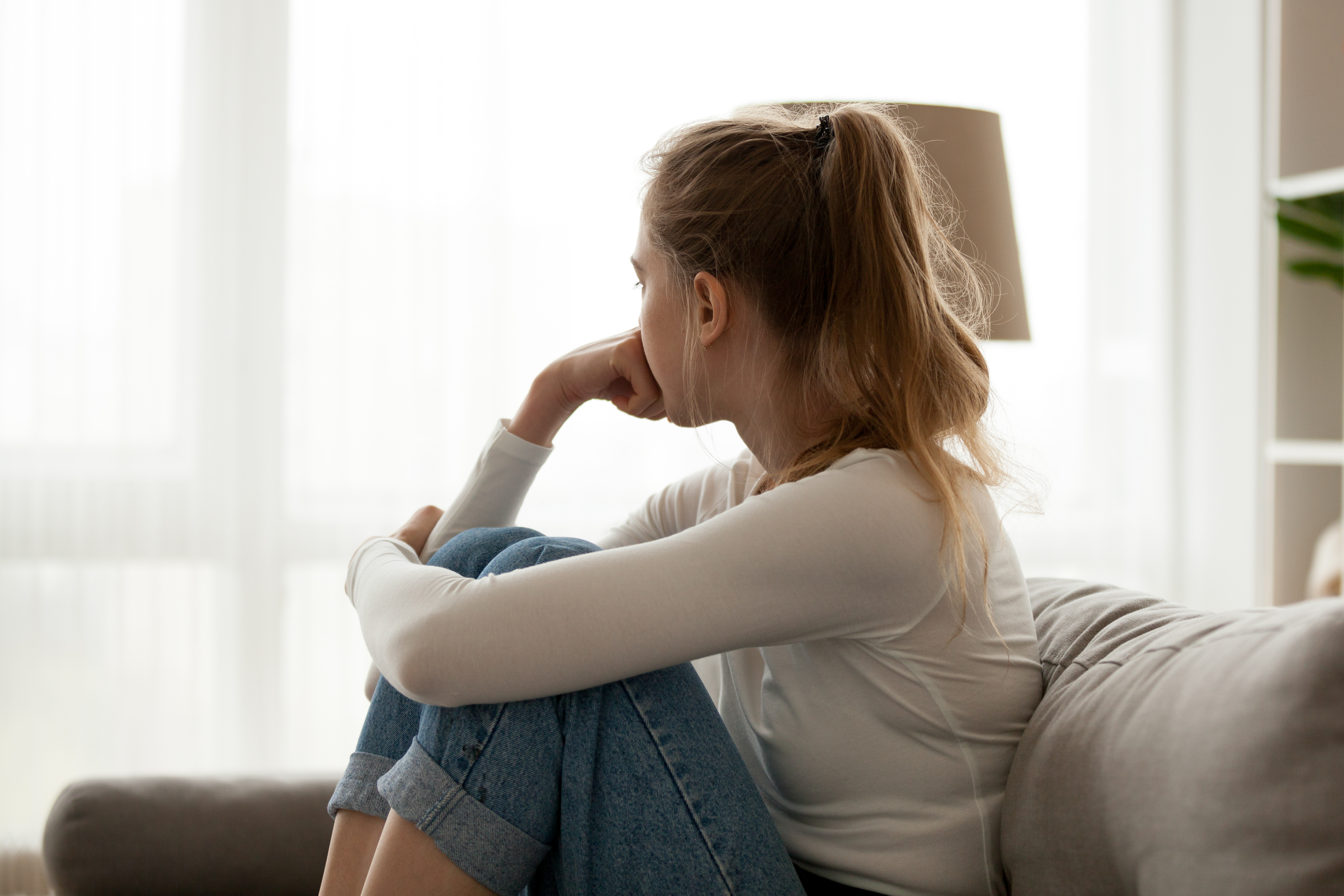Study reveals almost half of the nation admit to feeling lonely every week | Six tips to improve relationships
As the nation continues in the post-pandemic era, it’s evident to see that some of the legacy effects of this time have been harder to move on from. This is not surprising given that we are living through the biggest changes for decades in terms of how we are working, where we are working and what technologies we use, all of which are impacting on our capacity to build strong and meaningful social connections.
Loneliness is highly detrimental to our overall wellbeing, and this is highlighted within our survey findings with 36% stating it had had a negative impact on their mental health and 35% on their physical health over the past 12 months, impacting drive, passion and motivation in all aspects of our lives.

The findings also showcased the shift in age demographics, with young people twice as likely to feel lonely than older people – 68% of the 16-24 year olds surveyed said they felt lonely every week, compared to less than a third (30%) of those over 55.
With the survey also revealing that only 1 in 4 (25%) people said they never suffered from loneliness, whilst the majority struggle with loneliness on a regular basis, it needs to be more widely discussed and recognised given the significant impact it has on both physical and mental wellbeing.
Gosia Bowling, mental health lead at Nuffield Health, said, “Humans are a social species whose survival depends on co-operative relationships. The need for a sense of belonging is therefore programmed deeply within our biology. Meaningful relationships and a feeling of belonging are fundamental to our health and happiness.
Loneliness happens when you feel disconnected or separate from the people around you, or if you feel that the people around you maybe don’t understand or care about you in the way you would like them to. Isolation can cause you to feel lonely but so can the feeling that you don’t have much in common with the people around you.”
As the theme for this year’s Loneliness Awareness Week is ‘Connection Matters’, now is a better time than ever to establish and nurture new connections.
Gosia shares six tips to help strengthen new and existing relationships, as well as ways to recognise unhealthy connections.
Open up

People don’t like talking about feeling lonely, often due to feelings of embarrassment of shame. This can lead to unhelpful patterns where you keep closed off so others don’t know how you are feeling and you don’t get the support you need. Feeling lonely is not a weakness. It’s a signal that you have social needs which are not being met.
Try opening up and sharing how you feel with someone you trust the most. If you feel like you don't have anyone close to you, or are uncomfortable talking to friends or family, think about talking to someone neutral. Opening up can help create connection and build the foundations for meaningful relationships.
Don’t compare
It is really easy to assume that everyone else has got their lives together and is having a much better time of things than you are, especially when you only see a very limited snapshot of people’s lives. No one has a perfect life even if it appears so from the outside. Focus on what you can do, one small step at a time, to build a life that works for you.
Find your community
These are groups that fit with your interests, values and sense of purpose. It is a lot easier to build meaningful connections around shared interests and activities. Rather than focusing your energy on trying to fit in with a group that doesn’t reflect who you are — explore activities which reflect the authentic you. That way you are much more likely to feel a real sense of belonging with a group you resonate with. This can take time, exploration and effort, so be patient and persistent.
Keep active
Exercise releases feel-good hormones, so exercising regularly can help improve your outlook, making you feel more positive. And finding ways to keep active, such as joining a gym class, can also introduce you to new people and provide regular contact points to build connection into your weekly routine.
Step away from the screen

It may seem counter-intuitive, but spending less time on social media may help to reduce your feelings of loneliness. Studies have found that social media is a major contributor to feelings of depression and loneliness.
Seeing people with high numbers of 'friends' or followers can leave you feeling like a failure or that you’re constantly missing out. Remember that posts on social media are carefully edited and don't provide a true picture. Having a small number of strong social bonds with other people is more important than having a large number of superficial friendships.
Explore the root cause
It can be helpful to explore any underlying causes of loneliness. You might have trouble trusting people, or you may feel isolated due to low mood or physical health problems for example. Low self esteem, confidence or social anxiety can also be a barriers to forming connections with others. Reach out for support if you recognise there may be deeper issues which get in the way of your social connections. Cognitive behaviour therapy for example can teach you skills and techniques to address any underlying issues.
It’s important to acknowledge that loneliness won’t necessarily disappear overnight but taking positive steps to put yourself out there will help to build your network of meaningful relationships. Be kind to yourself, be patient and don't give up.
If you are struggling to cope with loneliness or mood related difficulties you can get help by speaking with a mental health professional. If you need help for a mental health crisis or emergency, you should get immediate expert advice and assessment.
Last updated Monday 12 June 2023
First published on Monday 12 June 2023

